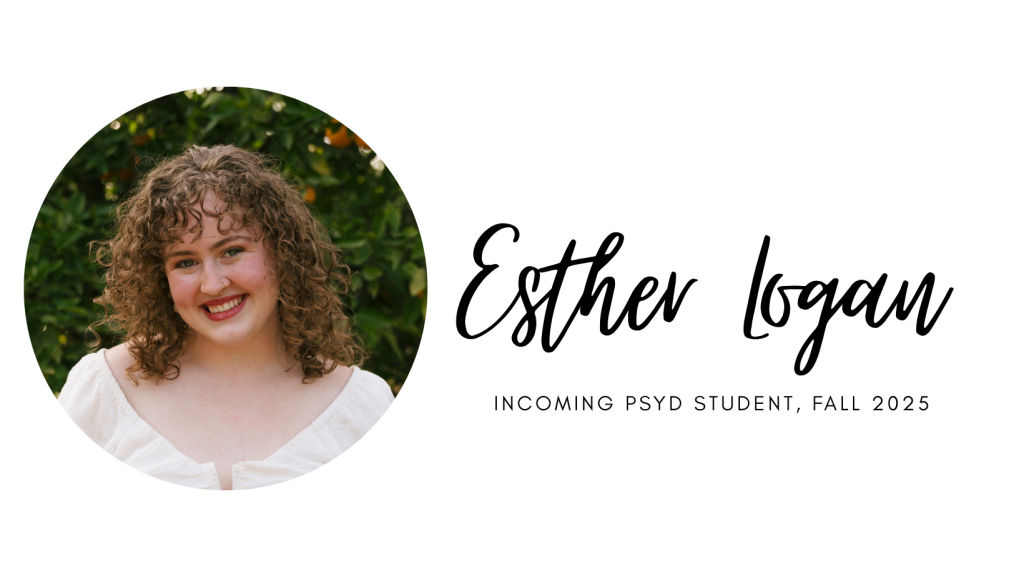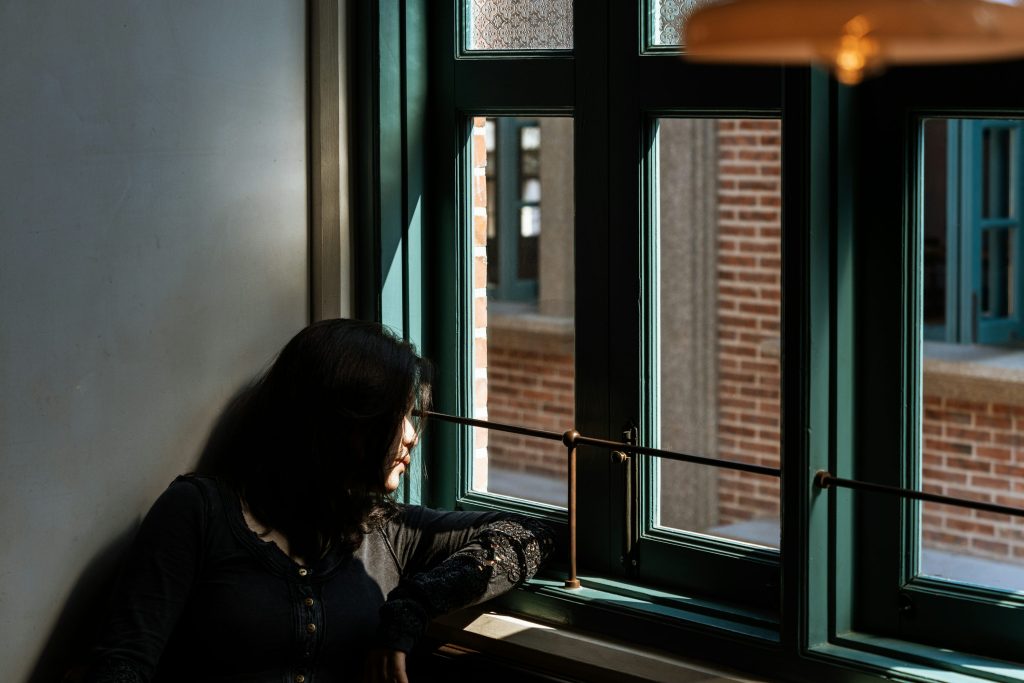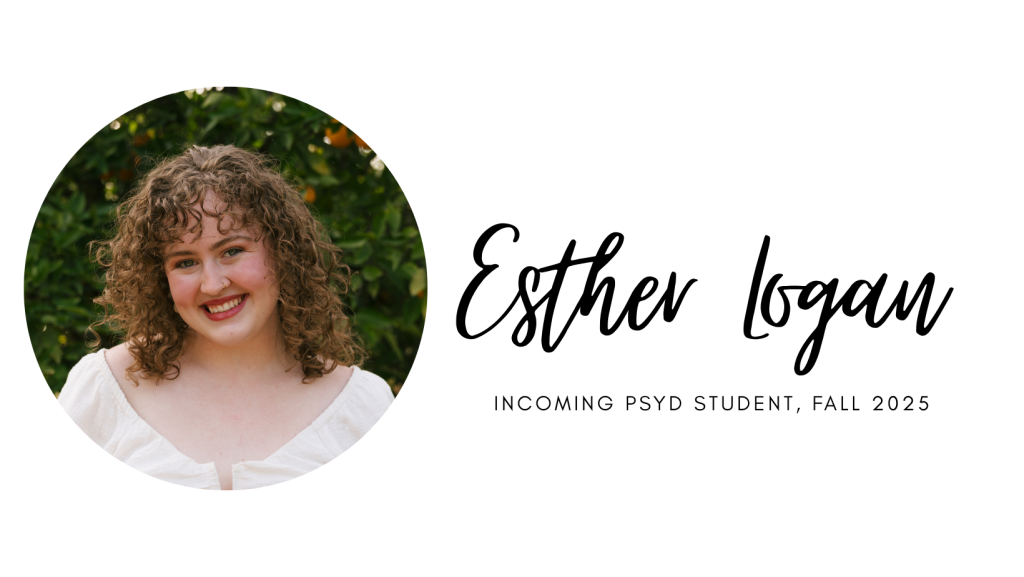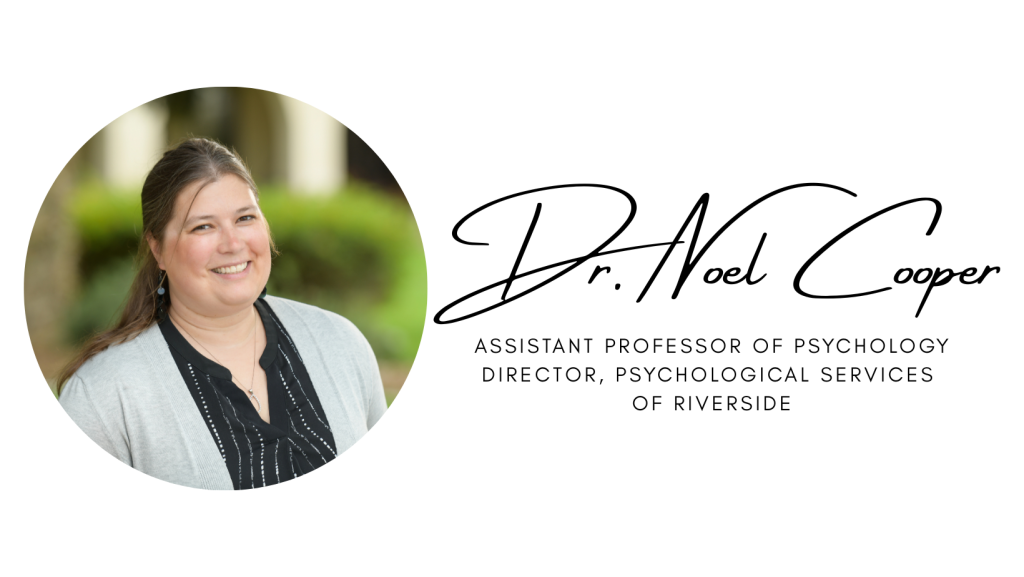Many psychology students wonder about graduate school: which program is right for them and how to navigate the application process. In this three-blog series, you can hear from one of CBU’s PsyD faculty on the why, who, and how of the PsyD program, and you can hear from the CSHB student worker, recently accepted into CBU’s PsyD program, as she reflects on the emotional journey and the nitty gritty of navigating the application process.

In Part 1, I explored the unexpected emotional side of applying to graduate school. In this part, I want to get down to the nitty-gritty side of applying. Although I draw from my own experience and frantic online research, you can hear the perspective of a PsyD faculty member HERE.
The first thing I would advise someone headed this direction is to make a plan of action. I sat down with my admissions counselor at the beginning of my application process. I talked through all the application requirements and guidelines. It was helpful for me to go through the process verbally with someone, and it gave me action steps I could focus on. After this meeting, I made a calendar with self-set “deadlines” for my application. I know that not everyone is motivated by a due date, but doing this has helped me set a realistic pace to stay on top of things.
The portal CBU uses for this process is PSYCAS. The interface was great and relatively simple to use. Still, it felt like one of those things you must do that isn’t necessarily hard but painstakingly slow, such as completing your FAFSA or filing your taxes. You have to knuckle down, buckle down, and just do those tasks. It consisted of inputting every college course I’ve taken, all my work experience, and various documents. This is where procrastination first came into play for me. Because it was an “easy” thing to do, I pushed it away for a bit because it was so time-consuming. But I can assure you that once you have completed this section, it will feel like a huge weight is off your shoulders!

The portion of the application I spent most of my time on was writing the essay. These types of essays are complex because typically you want to market yourself, highlight your attributes, and be confident, but you also want to appear humble, teachable, and modest. (Hopefully, these things are an accurate expression of yourself, too!) You want the depiction you give of yourself to be accurate but most definitely not arrogant. One thing that helped me was having a few people who could read over my writing. My boss and mentor was the primary person doing this, but I also had a family member who is a current grad student look over my writing. Over four months, I created three different installments of my paper. Each revision became more concise and honed in what I was attempting to communicate. Alongside the essay, I also created a CV for the first time. I’ve made plenty of resumes, but this was unfamiliar. Again, I could not have done it without my boss and her helpful instructions on what they should look like. If you’re finding yourself wondering who could serve this role for you, I would encourage you to connect with your favorite professor, the University Writing Center, or even the Career Center! Someone with the skills to speak to your progress and who loves you enough to be honest…. even if the feedback is critical.
Full transparency: the essay and CV portion of my application was where I struggled with procrastination and getting off my “schedule” the most. Much of this was emotionally driven, but also real life happens! The semester of school I was in was the most academically rigorous season of my life, and I was struggling with a wide array of health issues. I was giving so much energy to whatever I was currently facing that I had little motivation to work on my essay. These seasons are challenging and unavoidable, but please know that if you are experiencing this, it is okay to step away and focus on your health and rest. Recognizing what our limits are and our innate design for Sabbath is a sign of wisdom.

Many programs, such as the one at CBU, have an interview phase that follows initial review of the written application. I encourage anyone in this process to continue to do all the research you can about the program, your interviewer, and the interview process. I had already done a great deal of study on the program. Still, I continued to read over all of the information I could find on it and specifically tried to locate any current or graduated PsyD students who could speak on their experience. From this, I created a running list of questions to ask during my interview. Additionally, I prepared several of my answers to possible questions. This may sound like a strange thing to do, but it actually will allow you to be thoughtful in your answers and practice how you deliver them. A few of these questions were, “Why do you believe this program is a good fit for you?”, “What are research interests?” or “What are some weaknesses you may deal with?”. Again, thinking through these and others before the interview allowed me a sense of comfort with my answers. I was still very nervous on the day of my interview and spent too much time picking out my outfit, but I knew that when I was asked a question, I would be able to deliver a thoughtful response. Although I didn’t take advantage of this resource, the CBU Career Center can do a mock interview for graduate school similar to a mock interview for a job application which I would strongly recommend!)

I would also advise you to research your interviewer before your meeting if you have the chance. This can be helpful because you may find possible talking points and similar areas of interest. In my research, I discovered that my interviewer had performed research with immigrants and was still doing so. This is an area I am very passionate about, so it formed my question and response to touch on this slightly more than I had previously planned. I would encourage you to refrain from inquiring into the personal life of your interviewer. Still, as my interview progressed, she mentioned her work and process of grad school offhandedly, which allowed for a touchpoint to be created and pursued. This is a relational skill that proves to be helpful far outside of the interview world. It’s possible that no matter what, you will be nervous before your interview! As your stomach flutters and your heart races, remember that these signs – that you may call anxiety – are also signs that your body is helping you rise to the occasion! Rest on your preparation and remember to be yourself and present yourself as accurately and truthfully as possible.
Finally, I would recommend talking to others who have done this before. Find someone who has been through this process and is eager to provide feedback and help. Several of my question ideas came from a friend currently in grad school and were very helpful. Talking to those already grounded in your field of study will only benefit you. Find a mentor willing to observe and comment on your application. Bring them into the fears and difficulties of the process. There are many different kinds of mentors (emotional, expert, process, editorial), and they do not all need to be the same person. I honestly could not have done well in this process if it had not been for these incredible people in my own life.
Graduate school is intimidating, but I pray that these tools will prove to be helpful to you. As you prepare and apply, remember that there are many reasons applicants are accepted (or not) into graduate schools, and only some of these reasons have to do with you, as the applicant. Consider this a learning experience that will hopefully end in acceptance but, if not, is still an important part of your journey and development. God will make your path clear. Good luck!!










